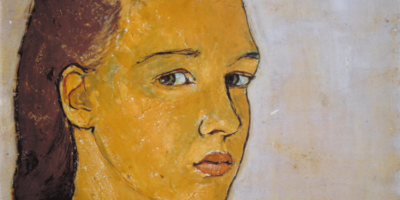50th Anniversary of Women’s Heroism During the Holocaust
The bodies of Alina Gertner, Rosa Robata, Regina Safirstajn and Esther Wajcblum swayed in the wind for three days in the gallows of Auschwitz Birkenau. They had been hanged by the Nazis on January 6, 1945, just 21 days before the liberation of Auschwitz Birkenau, for their part in the October 7, 1944 Revolt. As they died, they shouted, “Take revenge, nekome, vengeance!” to their fellow factory workers, who were forced to watch the executions.
The 24-year old Robata had told a friend, “If I lose my life, I will lose it with honor,” and for eight months she and her fellow workers in the Union Metalworks armament factory at Birkenau smuggled a teaspoon a day of gunpowder in secret pockets sewn into their clothing and sabotaged the devices they built.
The gunpowder was passed by Robata through the Jewish underground to the Sonderkommando, the prisoners forced to remove the human remains from the gas chambers and operate the crematorium ovens that burned an average of 1,000 bodies a day. The explosion on October 7, 1944, at the Birkenau crematorium signaled the beginning of the only mass prisoner revolt in the history of Auschwitz Birkenau. Within hours of the revolt the Nazis had killed 450 men with machine guns and executed all of the escaped prisoners.
Robata and three of her friends were arrested and tortured by the Nazis for three months before their public execution. Robata was the only one who knew the members and communication channels of the underground; despite the torture she underwent she didn’t reveal a single name. There are hundreds of descendants of former prisoners and underground members who are alive because of her heroism.
For more information contact: The Rosa Robata Foundation, 33 Pleasant Avenue, Suite 300, Plainview, NY 11803- 0024. Phone: (516) 349-0425, Fax: (516) 349-1292.


